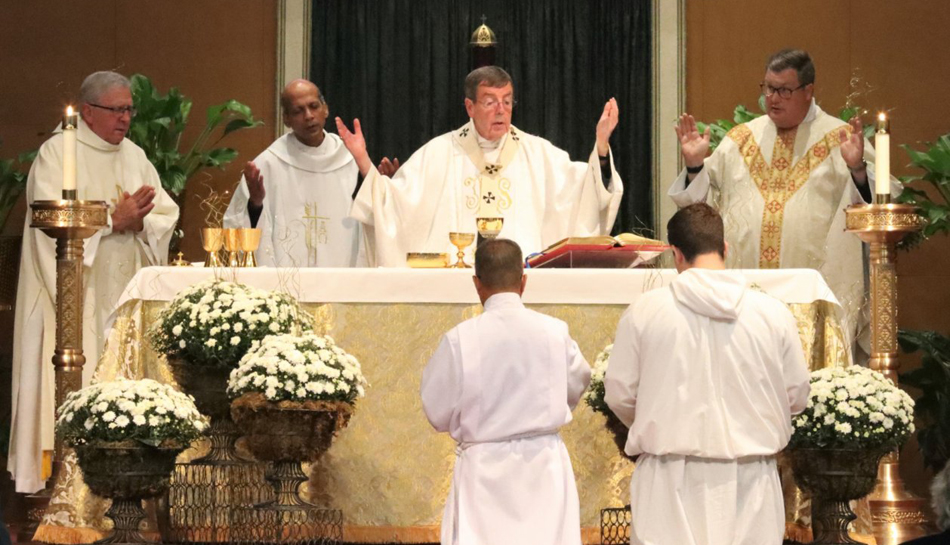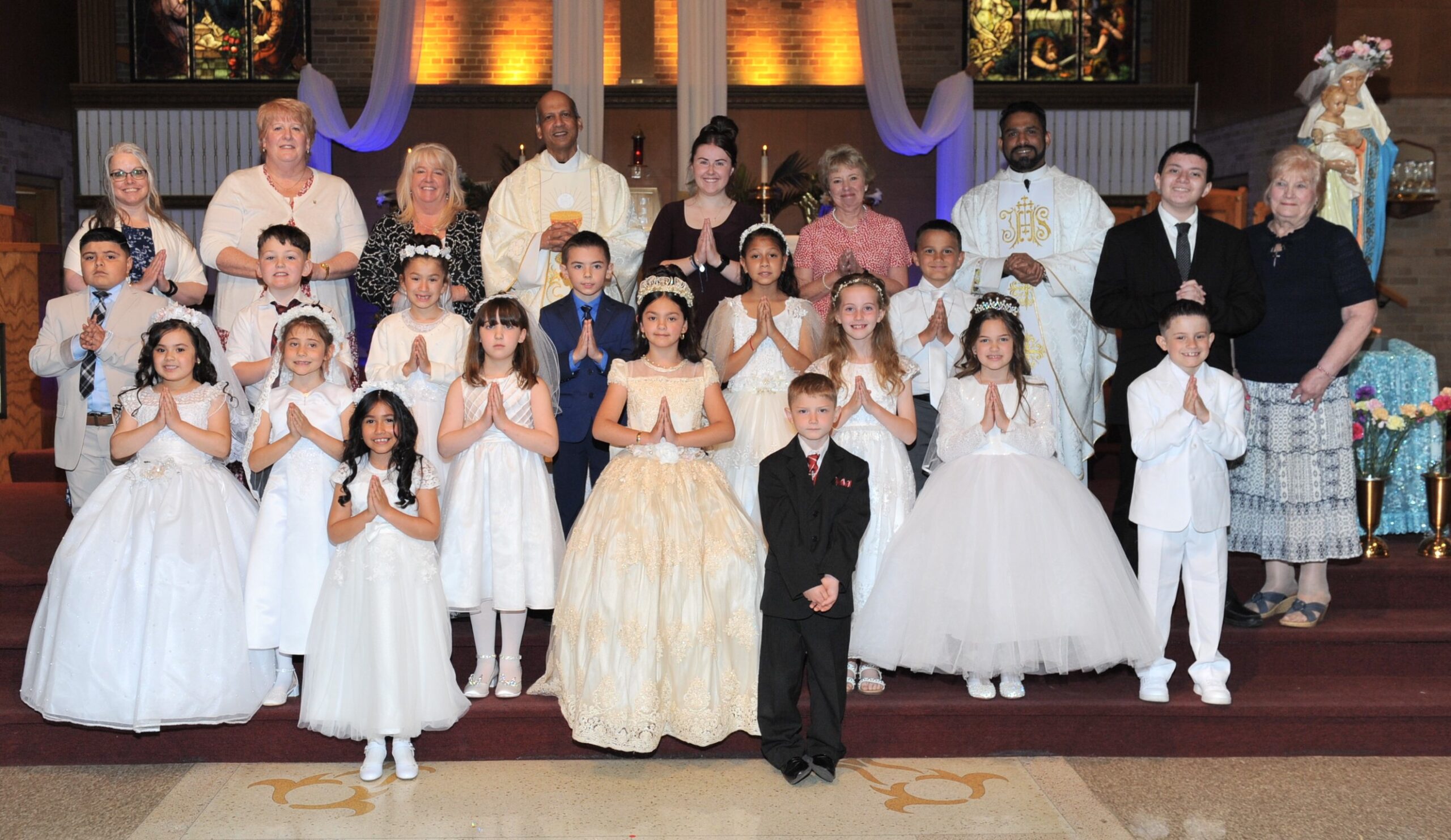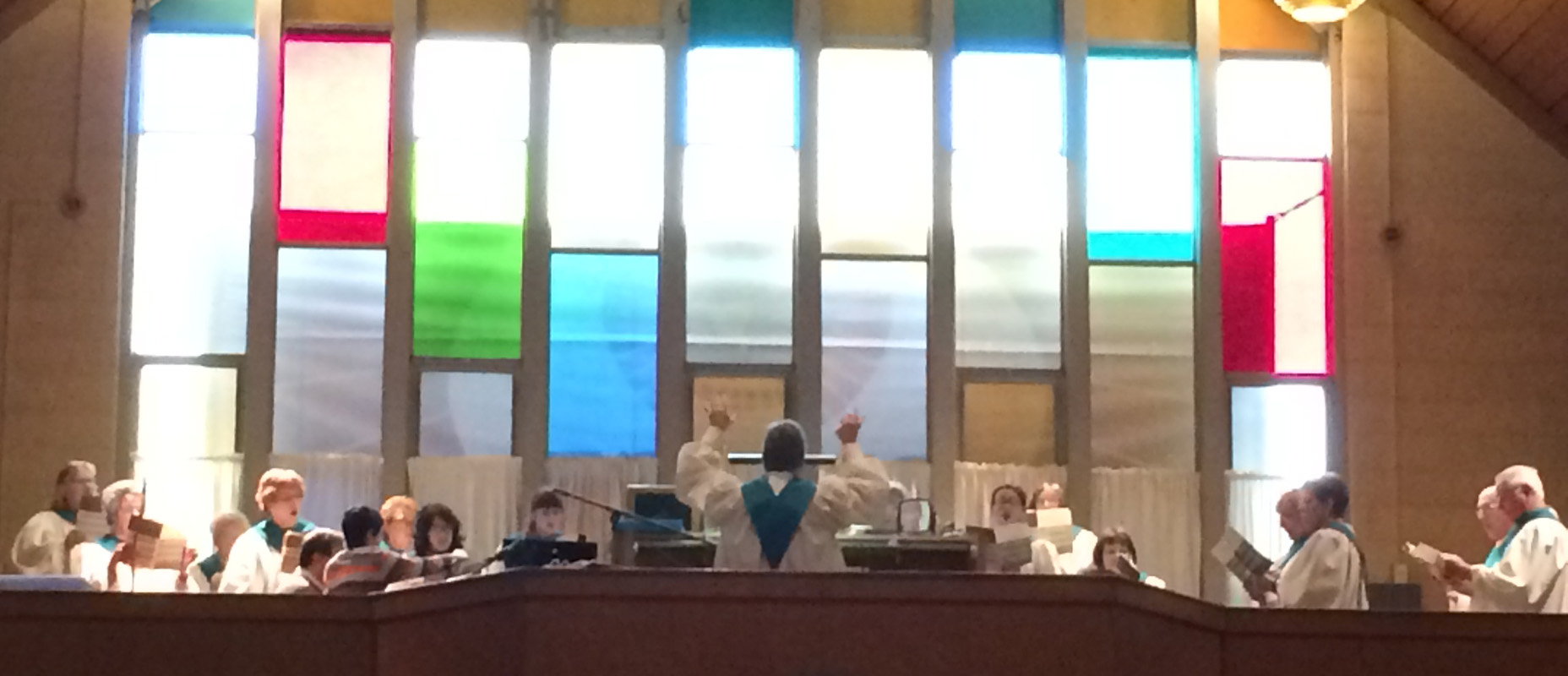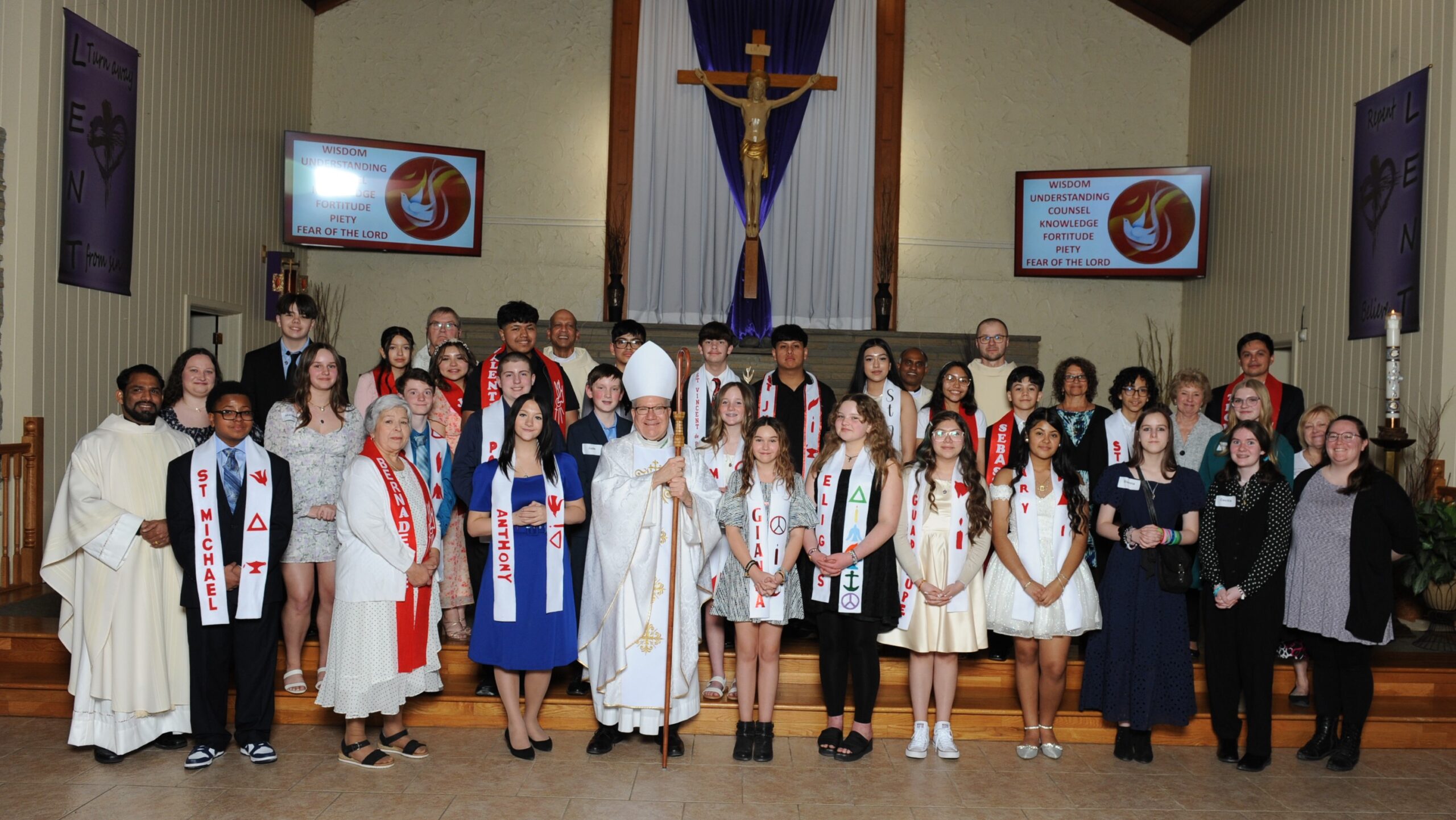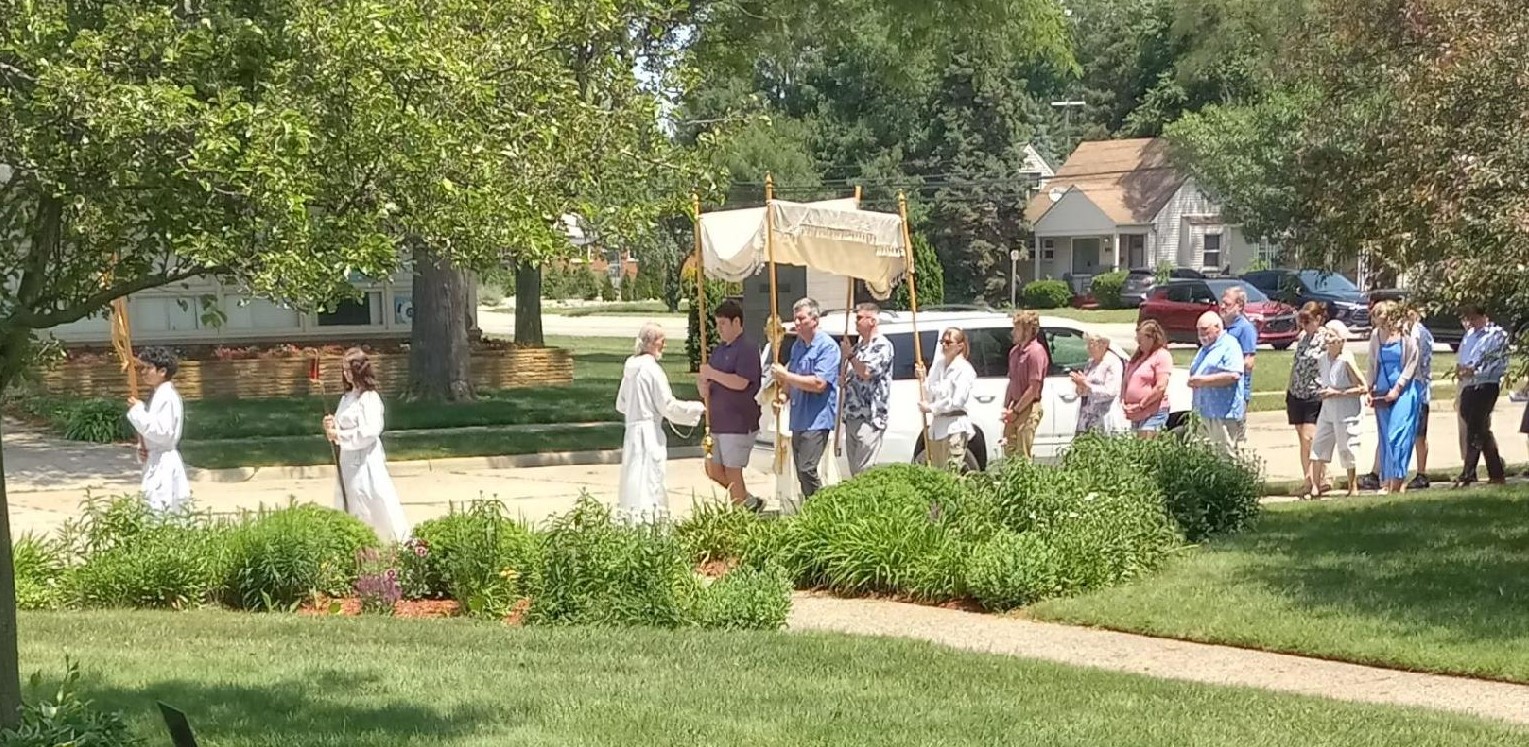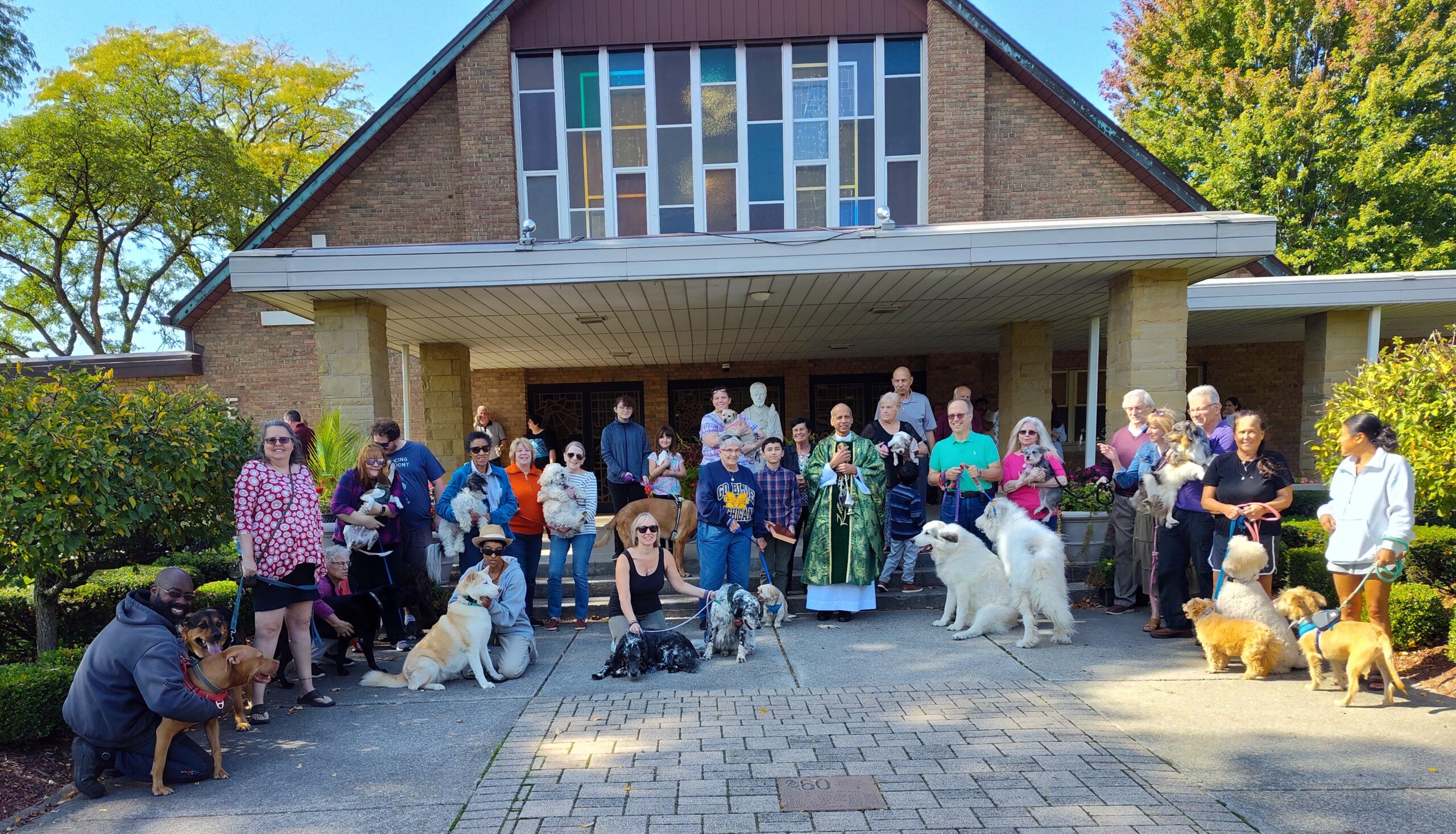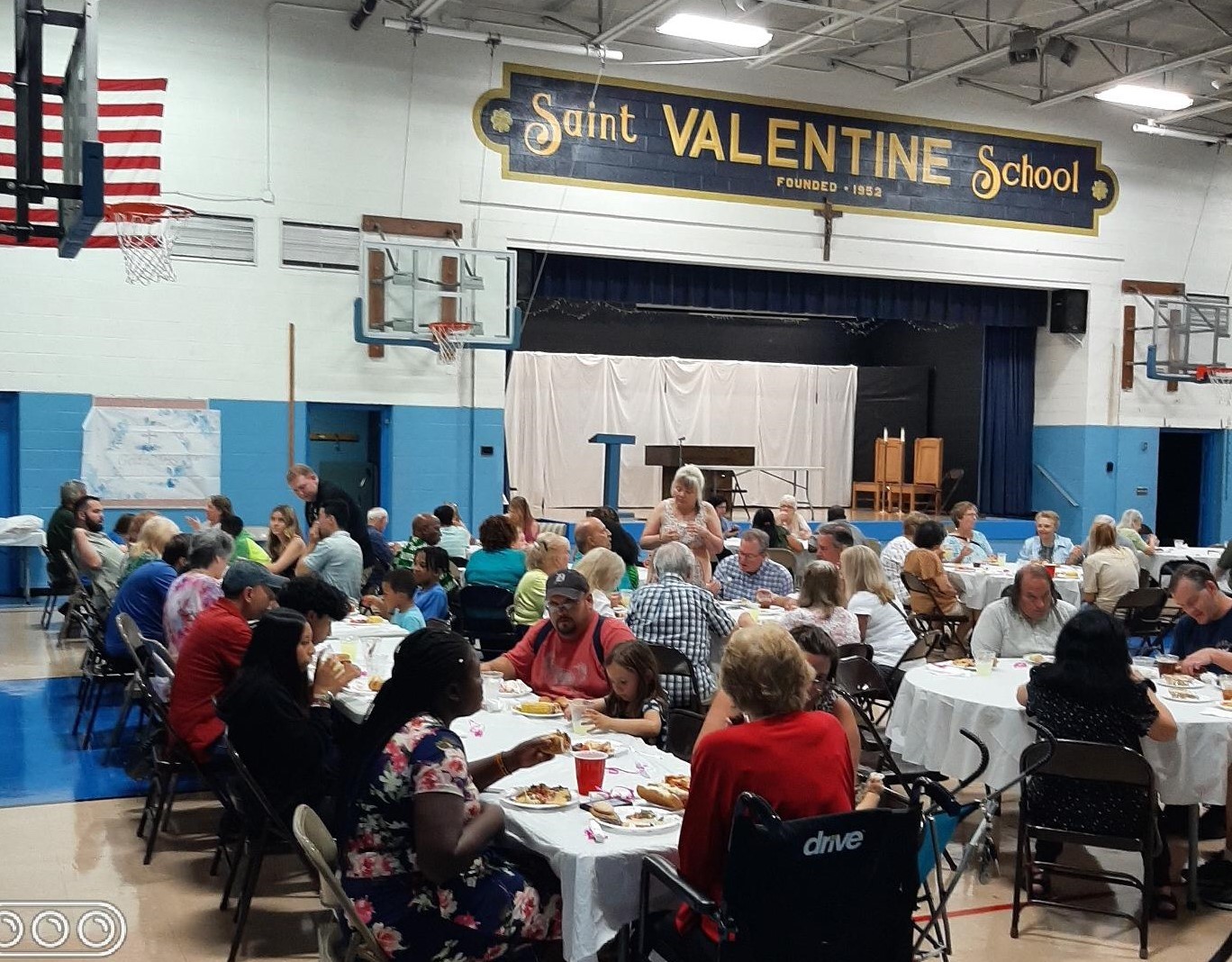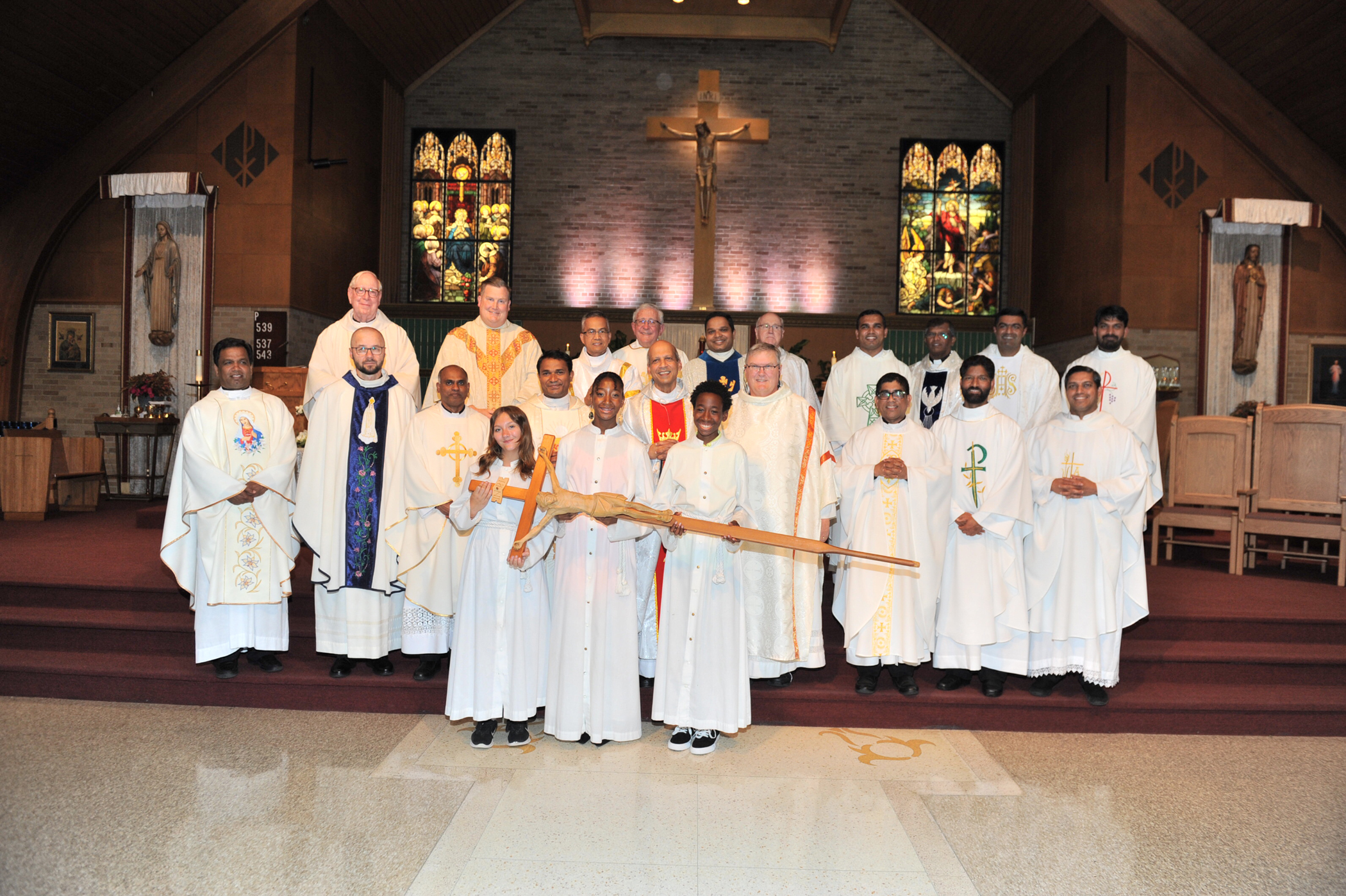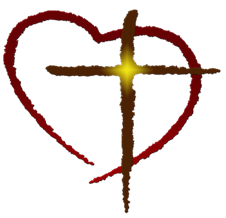We are in the second Sunday of Lent and a spontaneous question that can arise in our mind today is why the scene of transfiguration, a scene which portrays the glory of Jesus is inserted during the time of Lent. We know very well that Lent mainly focuses on the passion and death of Jesus. The transfiguration scene is presented today to remove the fear and the despair of every believer. This presentation of the glory of Jesus urges us to live the remaining time of Lent with courage and conviction.
The transfiguration is a special and privileged moment both for Jesus and his disciples. For Jesus, it was a moment of manifestation of his glory, divine confirmation of his status as the son of God and an affirmation of his mission. With all these extraordinary events confirming Jesus’s true identity, the one response demanded from us is to listen to him.
The transfiguration beautifully portrays the effects of God-experience. God-experience reveals one’s true identity; Jesus heard the voice from the cloud confirming his sonship. Dear friends, God-experience is an experience of God’s love; Jesus experiences the love of Father in the voice, “This is my Son, the Beloved, with whom I am well pleased.” God-experience transforms; Jesus’ face shone like the sun and his clothes became bright as light. For the disciples, the divine experience was so awe-inspiring that they became ecstatic.
The divine experience was also so overwhelming that the disciples became terrified. Though the disciples preferred to remain on the top of the mountain, Jesus leads them down. Thus, Jesus offers us a lesson that contemplation and action should go hand and in hand. The experience of the Lord should lead us to corresponding action, and our actions should receive their vitality and energy from our God-experience in prayer.
The question for us: How am I experiencing the Lord in this Lent season?
Fr. Kishore Babu Battu

